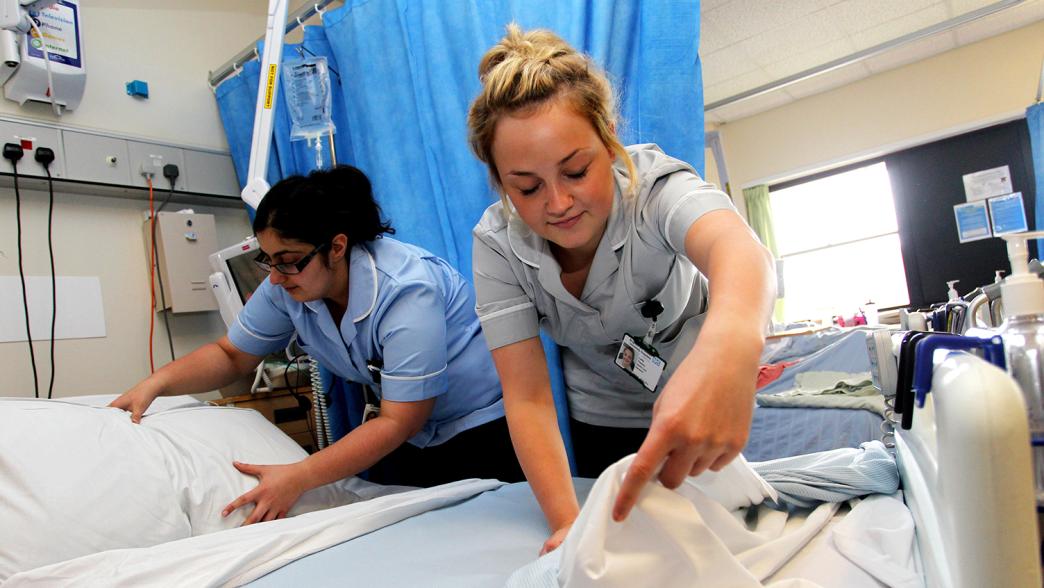Spending more is no guarantee of success – the impact of 20 years of devolution on public services across the UK
A new IfG report reveals big differences in the performance of public services across England, Scotland, Wales and Northern Ireland.

A new IfG report reveals big differences in the performance of public services across England, Scotland, Wales and Northern Ireland.

Investing in prevention could save money and improve productivity – so is it time for government to rethink public service spending?
The third of our Productivity Pitches, a new event series organised jointly with The Productivity Institute.
The Expert Factor team examine one of the thorniest questions in politics of how to pay for our health care.
No.10 Downing Street, the Cabinet Office and the Treasury are not institutions capable of meeting the challenges facing the UK in the 2020s and beyond